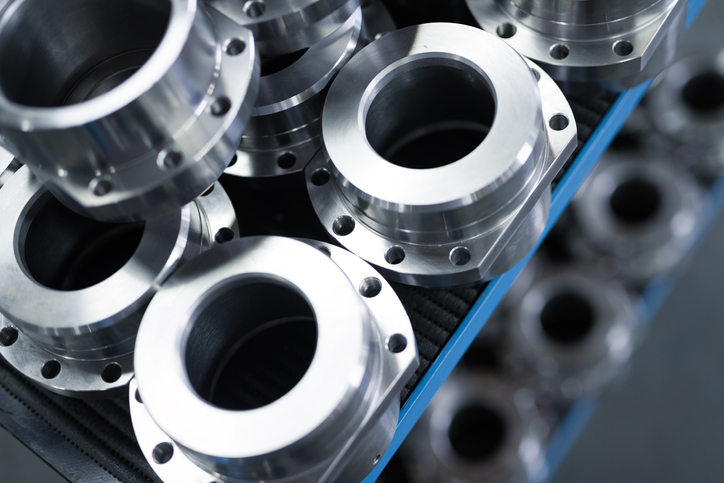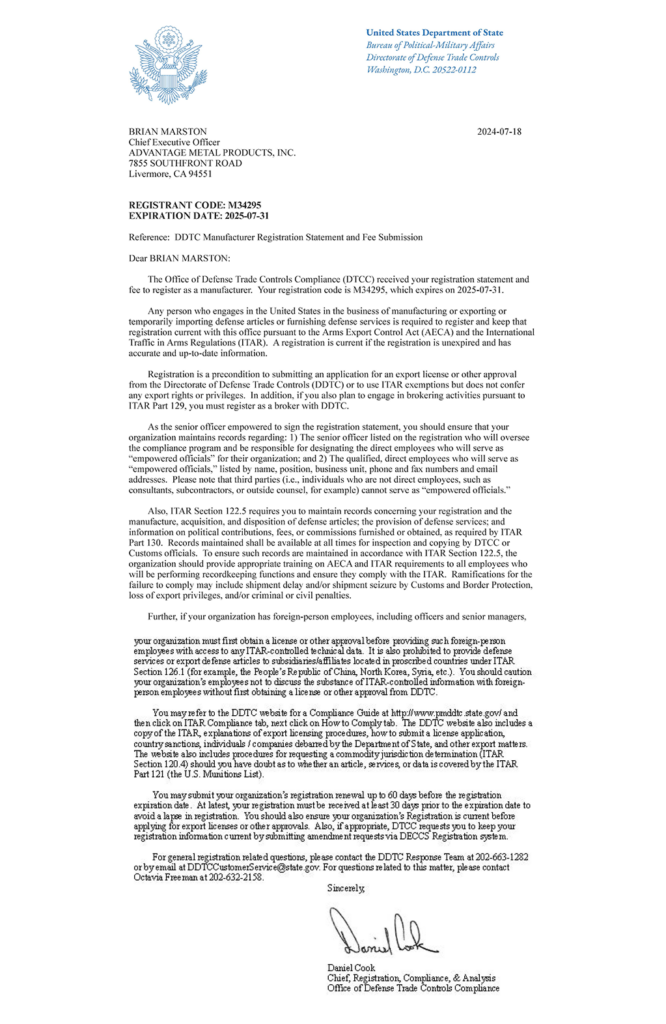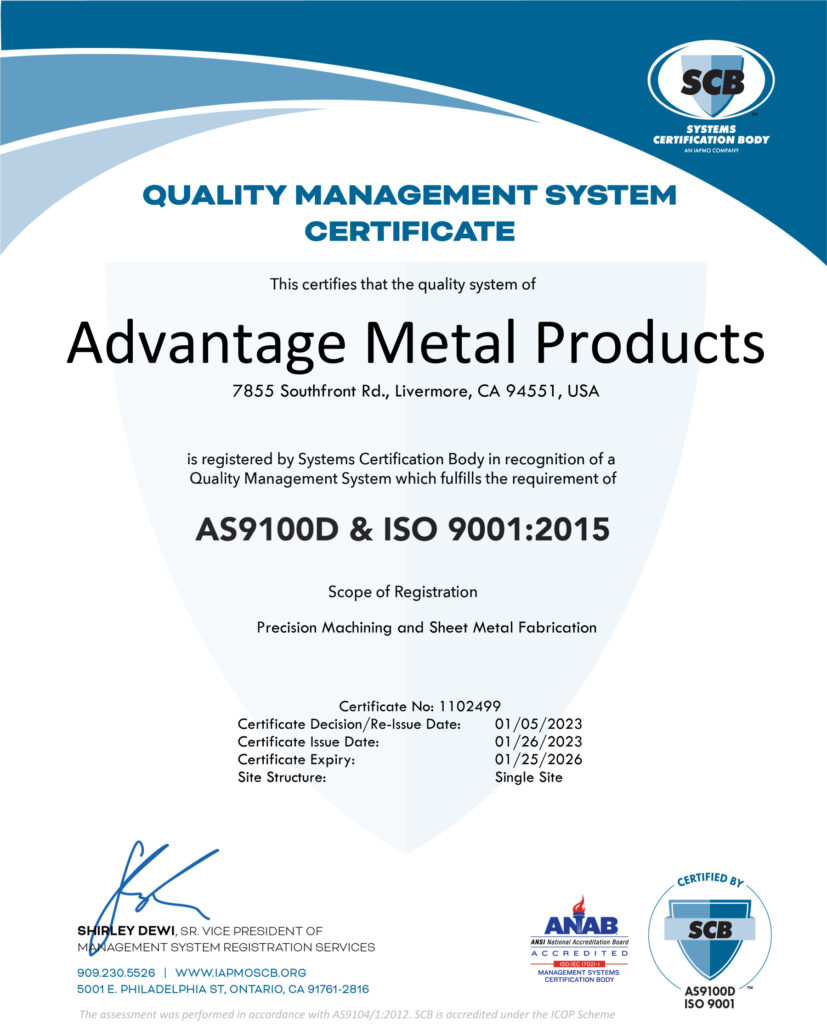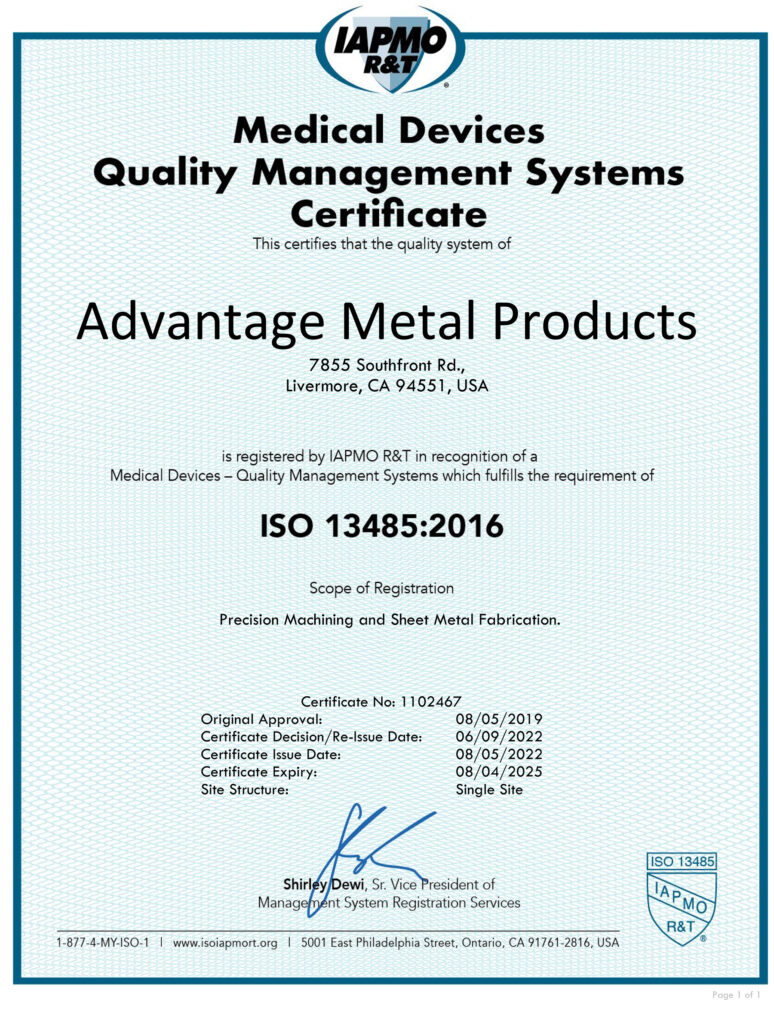
Over the last several years, environmental awareness has increased significantly, both in the business world and on a societal level. More people are looking for ways to live greener, more sustainable lifestyles. When it comes to our transportation methods, electric vehicles are a popular choice for reducing individual impact. Between 2020 and 2022, electric vehicle ownership tripled and that trend is expected to continue. While this is excellent news, it does put pressure on manufacturers to keep up with demand. When it comes to the metal pieces and parts that make up an EV, precision component manufacturing stands out as a method that is ready to support the continued development and innovation of the electric vehicle sector.
Importance of Precision Component Manufacturing in EVs
Precision component manufacturing is integral to the efficiency and performance of electric vehicles. When metal components are designed to fit tight tolerances, they can contribute directly to reduced energy loss and increased system efficiency. Beyond that, when metal components are expertly produced to be as lightweight as possible, the result is better energy utilization overall. All of this works together to improve the range and endurance of electric vehicles, making them more feasible even for those who live in less populated areas.
In order to achieve this, precision component manufacturing partners should employ the latest in advanced technologies and techniques. Methods such as CNC machining, laser cutting, and automation with robotics ensure accuracy and repeatability during the production process. Stringent quality control measures can also be implemented to safeguard the quality and performance of the end product.
Key Precision Metal Components in Electric Vehicles
Battery Housing and Thermal Management Components
The battery is the heart of an EV. Protecting it from extreme temperatures with effective thermal management is crucial for preserving the battery’s longevity and maintaining optimal performance.
Precision component manufacturing plays a pivotal role in these efforts with battery housings and cooling system components. High-quality battery housings help protect battery cells from wear and tear. And effective cooling systems require intricate components to prevent overheating. Together, these have a significant impact on the reliability and safety of the vehicle, again improving the overall performance.
Electric Motor Components
Electric motors rely heavily on precision metal component manufacturing to achieve maximum reliability and power output. Components like rotors, stators, and bearings need to be precisely produced to minimize friction and energy losses during operation.
Precision metal components can also be designed to reduce cogging, improve torque delivery, and enhance overall motor efficiency. These elements also contribute to increased range and driver experience, making it possible for EVs to travel farther and last longer.
Lightweight Structural Components
Another area that impacts EV range and power usage efficiency is the weight of the structural components. By utilizing advanced materials and techniques, precision component manufacturing partners can design lightweight metal parts that are also durable enough to maintain performance and safety standards.
In terms of driver experience, lightweight components also help to improve the handling for a more agile and responsive driving experience, which contributes to the overall appeal and marketability of EVs.
Charging Connectors and Infrastructure Components
Finally, precision component manufacturing is critical for producing reliable and efficient charging connectors that facilitate seamless connection between the EVs and charging infrastructure. When these connectors are properly fitted and aligned, it reduces power loss and ensures safety during the charging process.
Precision component manufacturing can also assist in producing charging infrastructure components that can withstand repeated use and exposure to environmental conditions. As long and frequent charging times are a major hurdle for most consumers, improving the charging experience with faster, more reliable infrastructure components can help EV manufacturers overcome this particular challenge.
Additionally, more efficient charging leads to less power consumption, expanding on the sustainability of EVs.
Innovations and Advancements in Precision Component Manufacturing for EVs
As EVs continue to advance and improve, precision component manufacturing is keeping pace with:
- Advanced metal forming techniques, such as precision metal stamping, allow for the production of complex metal components with exceptional precision and consistency.
- Material selection and alloy development enhance the characteristics of metal components. Materials with higher strength-to-weight ratios, better thermal conductivity, and improved corrosion resistance can be used to meet the demanding requirements of EV applications.
- Integration of smart technologies supports manufacturers in their efforts to increase productivity and reduce lead times. Technologies like sensors and IoT-enabled devices offer real-time monitoring and data analytics capabilities that help improve quality control and predictive maintenance.
- Industry 4.0, automation, and AI are all revolutionizing precision component manufacturing. Advanced robotics, machine learning, and AI work to streamline production, enhance accuracy, and optimize resource utilization.
Turn to Advantage Metal Products for Your EV Component Needs
At Advantage Metal Products, we specialize in precision metal component manufacturing for a wide range of industries, including transportation and clean energy. We utilize the latest in advanced technology to provide first-in-class metal parts and components that meet the strictest tolerances and satisfy the most demanding requirements.
With our commitment to outstanding customer service and fully tailored manufacturing services, we work with each of our customers to ensure a streamlined and professional manufacturing process.
Are you looking for a U.S.-based metal manufacturing partner for your EV components? Connect with our team of experts today to get started.



